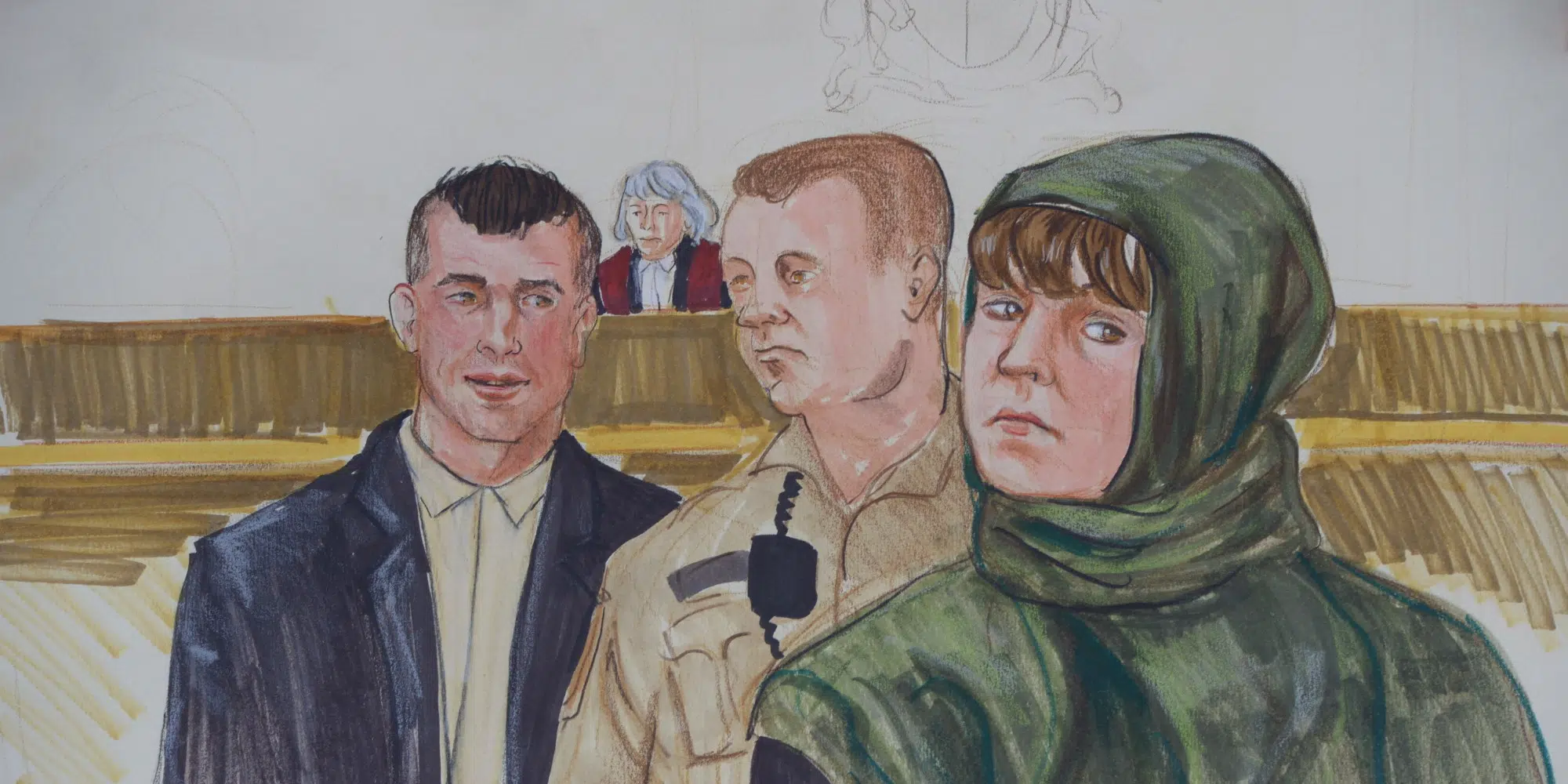
Final arguments begin in B.C. terrorism trial with focus on ‘spiritual guidance’
VANCOUVER — The lawyer for a man found guilty of planning to bomb the British Columbia legislature says the RCMP broke the law by supplying her client and his common-law wife with the means and the spiritual justification to carry out their terrorist plot.
Closing arguments began in B.C. Supreme Court on Monday for a hearing into whether John Nuttall and Amanda Korody were manipulated by police into planting explosives on the legislature lawn during Canada Day in 2013.
Nuttall and Korody were arrested three years ago as part of an elaborate RCMP sting. Last June, a jury found the pair guilty of conspiring to commit a terrorist act.
Their convictions are on hold while Nuttall and Korody’s lawyers make the case that their clients were entrapped by police.


